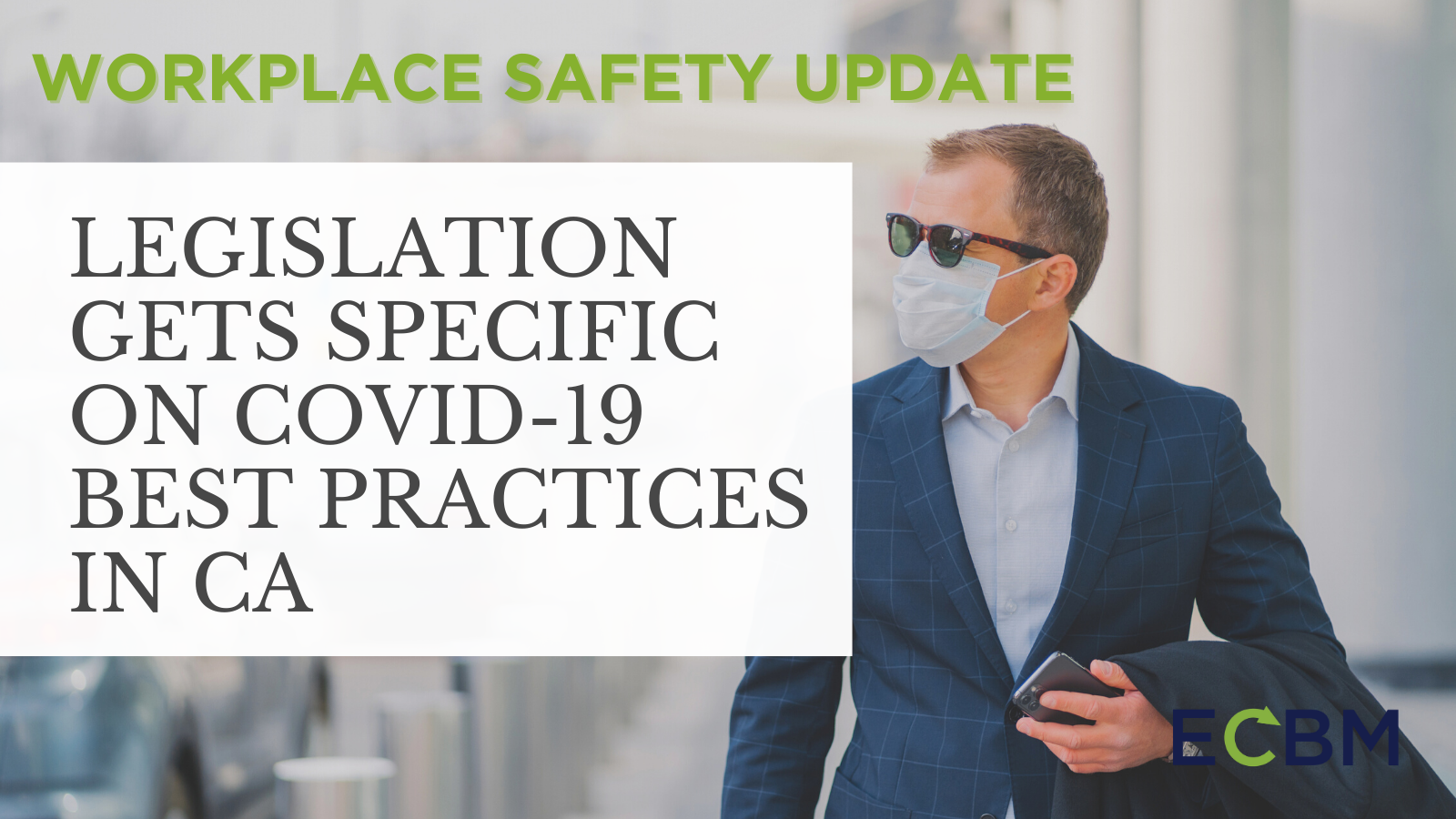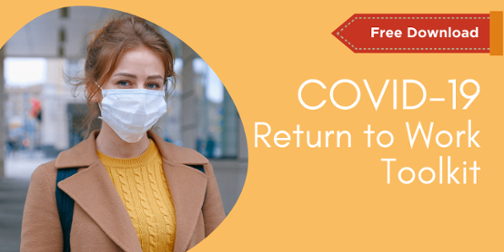
State governments continue to respond to the COVID-19 pandemic in a number of different ways that impact businesses and employers. Workers compensation has been a much-discussed topic within this context. In September of 2020, California enacted a new law that codified previous executive orders the created rebuttable presumptions relating to employees who test positive for COVID-19. In addition to the rebuttable presumption, the law created a number of reporting requirements for employers and their workers compensation carriers and administrators.
What Is Considered An "Outbreak"?
Known as SB1159, the presumption would only apply to employees of companies suffering a COVID-19 outbreak. An outbreak is defined within California law as having four percent of employees test positive for COIVD-19 within a fourteen-day window. For companies with fewer than one hundred employees, four positive tests will constitute an outbreak. The employee testing positive must have worked at the employer’s location or place of employment within fourteen days of testing positive. (Employees working remotely would not qualify).
Who Qualifies?
The California law applies to employees who suffer illness or death resulting from COVID-19 between July 6, 2020 and January 1, 2023. Under the law, claims administrators will have to assume that the employee acquired COVID-19 while on the job unless the employer can provide evidence rebutting the claim. The law sets out four categories of evidence for rebutting the presumption, including measures the employer put in place to reduce potential COVID-19 transmission and the employee’s non-occupational risk of COVID infection.
Limits
Importantly, the claim administrator only has forty-five days from the date of injury to deny the claim. For essential employees as defined by California law, this time period is shortened to thirty days. This means that employers must work quickly to gather information and evidence if the employer wants to dispute the presumption.
Requirements For Employees
SB1159 also creates requirements that employers notify their claims administrators of positive COVID-19 tests by employees within three business days of learning of the result. The report must include the date of the positive test, the address of the employee’s employment, and the number of employees who worked at that location in the previous forty five day window. There is a $10,000 penalty for failing to report information as required by the law. Employers must also notify claims administrators retroactively of positive tests that occurred between the law’s passage and July 6, 2020. The primary purpose of the reporting requirement is to help the state discover outbreaks in a more prompt fashion.
Legislation In Other States
Many other states are enacting similar measures with varying degrees of applicability. Some states have enacted legislation while others have relied on executive orders from state governors. The nature of the pandemic and the speed at which these changes are being enacted means that employers have to do everything in their power to stay up to speed on the laws in every state where they operate.





